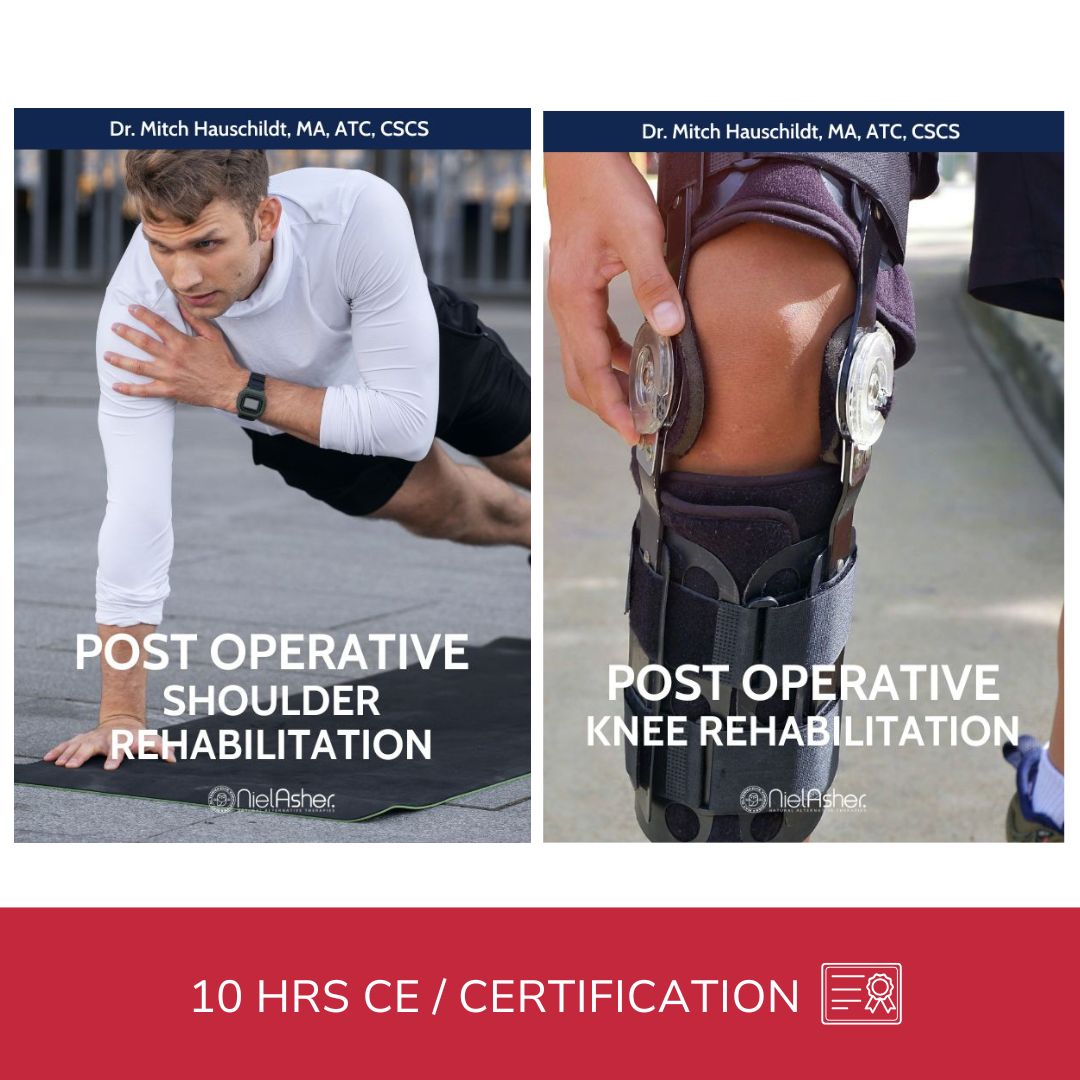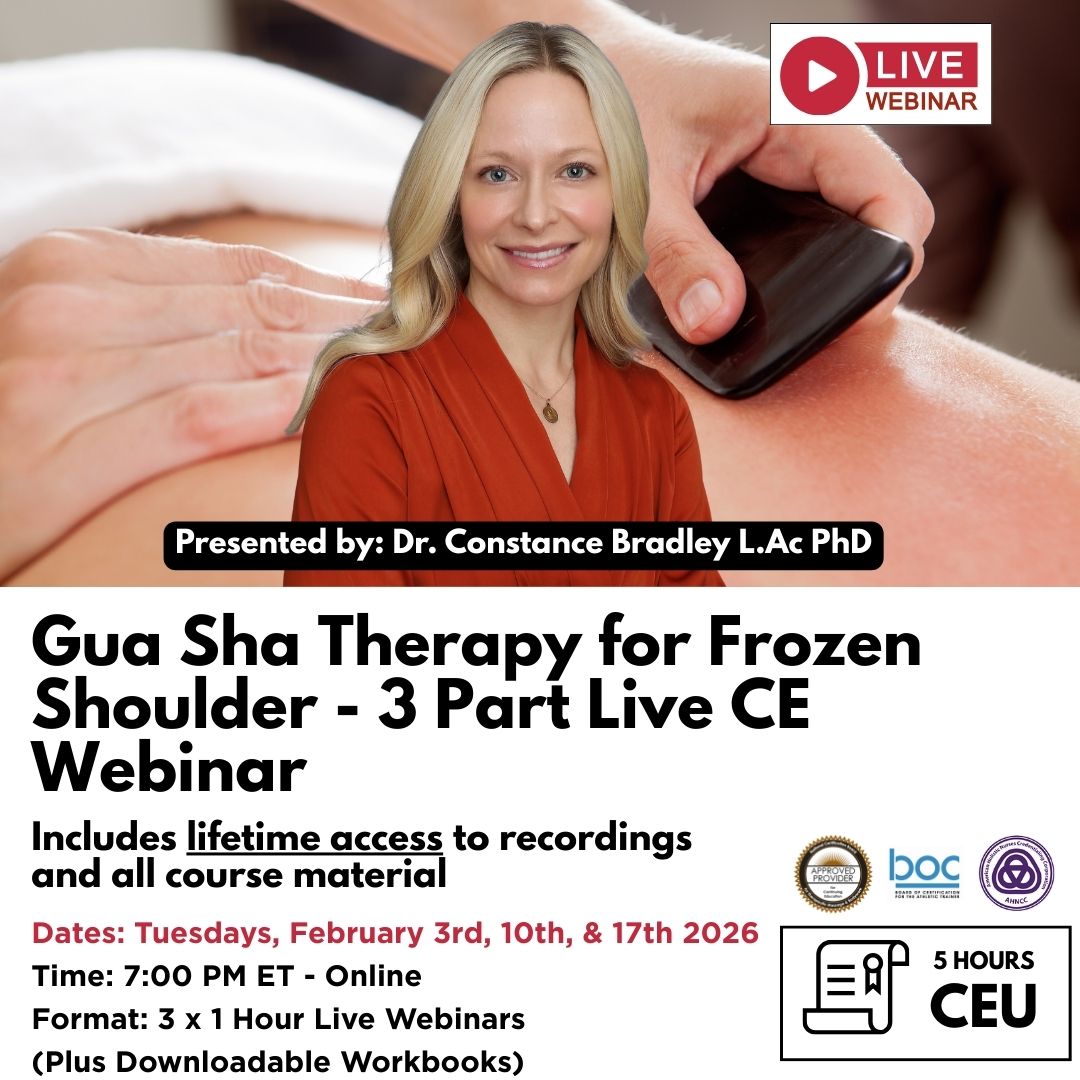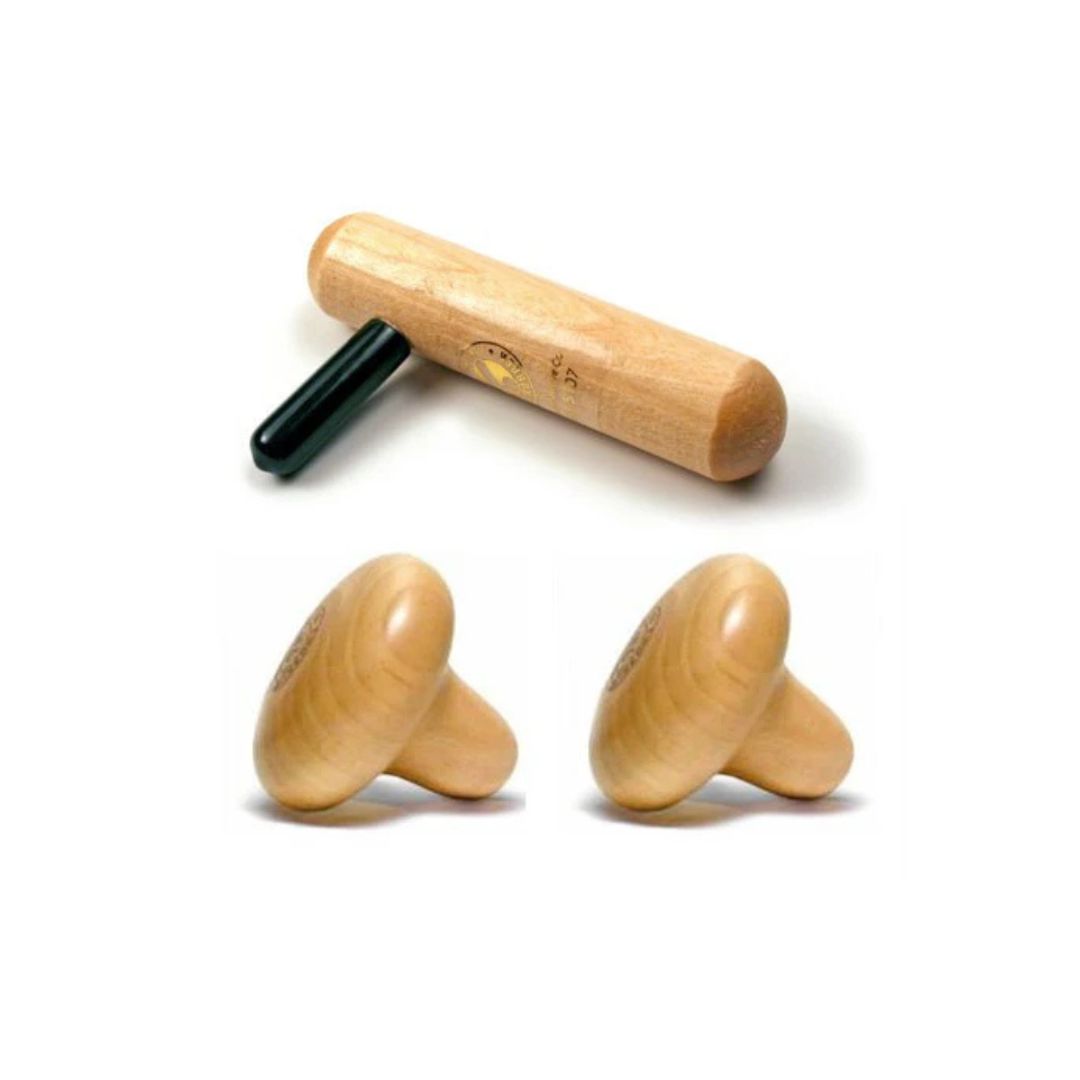Fibromyalgia: The Role of Massage Therapy in Managing Symptoms
Fibromyalgia is a chronic condition characterized by widespread musculoskeletal pain, fatigue, sleep disturbances, and cognitive difficulties, often referred to as "fibro fog." It affects millions of people worldwide, predominantly women, and its exact cause remains unclear. The condition is believed to be linked to abnormalities in how the brain processes pain signals, leading to an amplified perception of pain. In addition to pain, individuals with fibromyalgia may experience other symptoms such as headaches, irritable bowel syndrome, depression, anxiety, and stiffness.
Given the complexity and varied symptoms of fibromyalgia, treatment typically involves a multidisciplinary approach, including medication, lifestyle changes, exercise, and various complementary therapies. Among these complementary approaches, massage therapy has gained recognition as a potentially beneficial option for managing some of the symptoms associated with fibromyalgia.
How Massage Therapy Can Help with Fibromyalgia Symptoms
Massage therapy is a hands-on technique that involves the manipulation of soft tissues, including muscles, tendons, and connective tissues, to promote relaxation, improve circulation, and alleviate pain. For individuals with fibromyalgia, massage can offer several specific benefits:
-
Reduction of Muscle Pain and Tension: One of the hallmark symptoms of fibromyalgia is widespread muscle pain. Massage therapy can help to reduce this pain by relaxing tight muscles, decreasing muscle spasms, and enhancing blood flow to affected areas. This increased circulation can also aid in the removal of metabolic waste products that can contribute to pain and discomfort.
-
Improved Sleep Quality: Many people with fibromyalgia struggle with sleep disturbances, which can exacerbate pain and fatigue. Massage therapy has been shown to promote relaxation and reduce levels of the stress hormone cortisol, which may help improve sleep quality. By enhancing the body's relaxation response, massage can support deeper, more restorative sleep.
-
Stress Reduction and Emotional Relief: Living with fibromyalgia can be emotionally challenging, and stress can further aggravate symptoms. Massage therapy provides a nurturing, calming environment that can help reduce anxiety and depression. The physical touch involved in massage releases endorphins and serotonin, neurotransmitters that elevate mood and promote a sense of well-being.
-
Enhanced Range of Motion and Flexibility: Fibromyalgia can lead to stiffness and restricted movement due to pain and muscle tightness. Massage therapy can improve flexibility and range of motion by loosening tight muscles and increasing elasticity in the soft tissues. This can make it easier for individuals with fibromyalgia to engage in physical activity, which is often recommended as part of their overall treatment plan.
-
Reduction of Headaches and Migraines: Headaches, including migraines, are a common complaint among those with fibromyalgia. Massage therapy, particularly techniques focusing on the neck, shoulders, and head, can help alleviate headache symptoms by reducing muscle tension and improving circulation in these areas.
Considerations for Massage Therapy in Fibromyalgia
While massage therapy can be beneficial for individuals with fibromyalgia, it is important to tailor the approach to the specific needs and sensitivities of each person. Fibromyalgia patients often have heightened sensitivity to pressure and touch, so it is essential for massage therapists to use gentle techniques and adjust the intensity based on the client's comfort level.
Popular massage techniques for fibromyalgia include:
-
Swedish Massage: A gentle, relaxing technique that uses long, flowing strokes to reduce muscle tension and promote relaxation without deep pressure.
-
Myofascial Release: A technique that focuses on relieving tension in the fascia, the connective tissue that surrounds muscles, which can become tight and restrictive in fibromyalgia patients.
-
Trigger Point Therapy: This method targets specific points of muscle tightness that can refer pain to other areas. However, it should be used cautiously and with light pressure in fibromyalgia patients due to their heightened pain sensitivity.
-
Lymphatic Drainage Massage: A gentle technique that stimulates the lymphatic system to help reduce swelling and improve immune function, which can be beneficial for reducing overall inflammation and discomfort.
Before starting massage therapy, it is important for individuals with fibromyalgia to consult with their healthcare provider to ensure that it is appropriate for their condition. Working with a licensed massage therapist who has experience in treating fibromyalgia is also crucial to ensure a safe and effective approach.
Conclusion
Fibromyalgia is a challenging condition with a broad spectrum of symptoms that can significantly impact quality of life. While there is no cure, massage therapy can be a valuable part of a comprehensive management plan for fibromyalgia, offering benefits such as pain relief, improved sleep, reduced stress, and enhanced mobility. By working closely with healthcare professionals and experienced massage therapists, individuals with fibromyalgia can find tailored approaches that help them manage their symptoms and improve their overall well-being.
As with any therapy, it is important for individuals to listen to their bodies and communicate their needs and sensitivities to their therapist to ensure a positive and beneficial experience.
About Niel Asher Education
Niel Asher Education (NAT Global Campus) is a globally recognised provider of high-quality professional learning for hands-on health and movement practitioners. Through an extensive catalogue of expert-led online courses, NAT delivers continuing education for massage therapists, supporting both newly qualified and highly experienced professionals with practical, clinically relevant training designed for real-world practice.
Beyond massage therapy, Niel Asher Education offers comprehensive continuing education for physical therapists, continuing education for athletic trainers, continuing education for chiropractors, and continuing education for rehabilitation professionals working across a wide range of clinical, sports, and wellness environments. Courses span manual therapy, movement, rehabilitation, pain management, integrative therapies, and practitioner self-care, with content presented by respected educators and clinicians from around the world.
Known for its high production values and practitioner-focused approach, Niel Asher Education emphasises clarity, practical application, and professional integrity. Its online learning model allows practitioners to study at their own pace while earning recognised certificates and maintaining ongoing professional development requirements, making continuing education accessible regardless of location or schedule.
Through partnerships with leading educational platforms and organisations worldwide, Niel Asher Education continues to expand access to trusted, high-quality continuing education for massage therapists, continuing education for physical therapists, continuing education for athletic trainers, continuing education for chiropractors, and continuing education for rehabilitation professionals, supporting lifelong learning and professional excellence across the global therapy community.

Continuing Professional Education
Looking for Massage Therapy CEUs, PT and ATC continuing education, chiropractic CE, or advanced manual therapy training? Explore our evidence-based online courses designed for hands-on professionals.


















